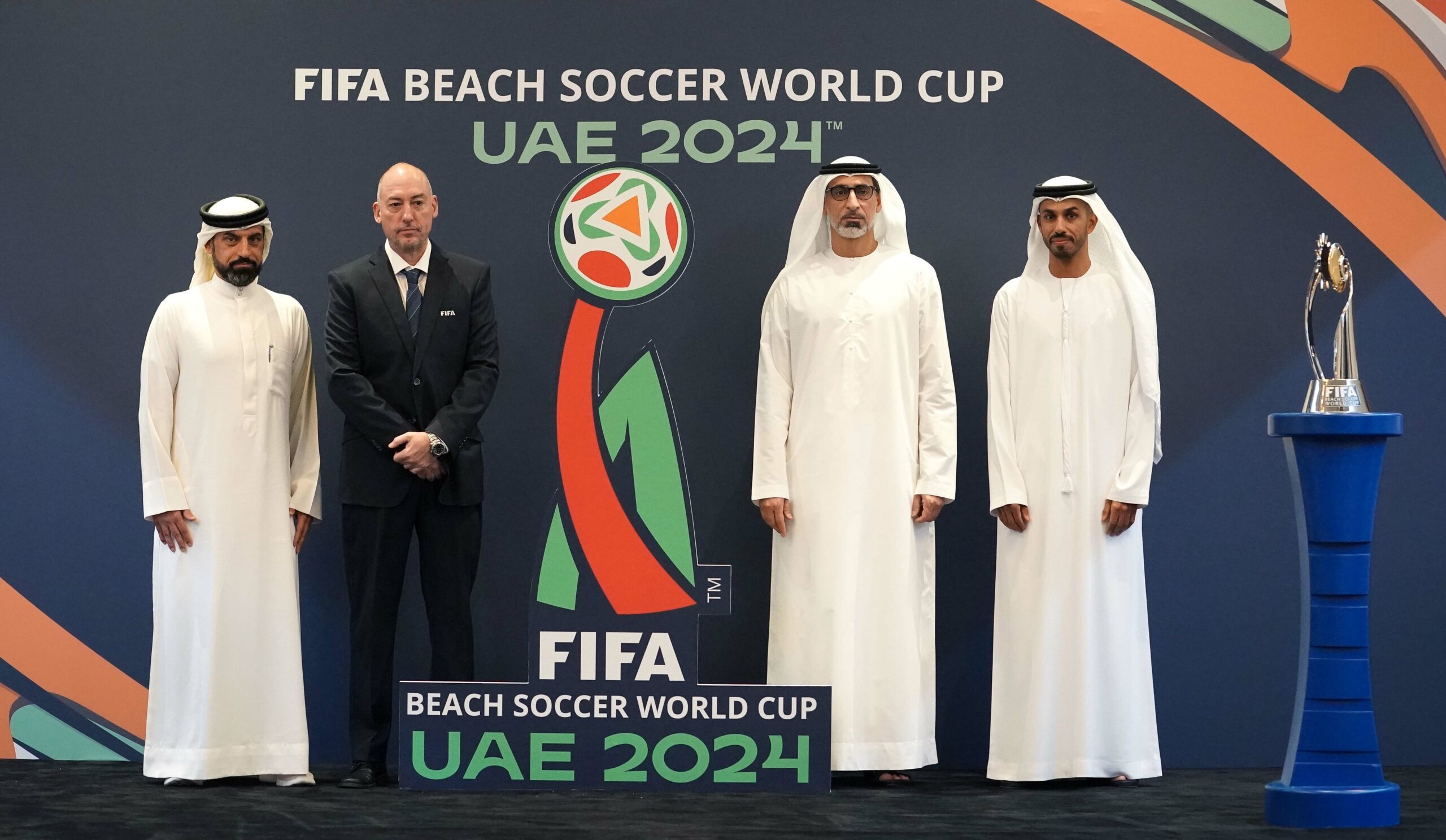
The UAE real estate market delivered strong performance in the third quarter of 2024, marked by an uptick in both residential and commercial sectors. As per the latest insights from Asteco, a leading property consultancy, key markets across the Emirates displayed resilience, with Dubai and Abu Dhabi continuing to see heightened demand for both sales and rentals. Despite global economic uncertainties, the property landscape in the UAE has proven to be stable, showcasing positive growth across various real estate segments.
In Dubai, the residential market remained a driving force, with high demand for luxury properties and villas continuing to increase. Prices in premium areas such as Palm Jumeirah, Downtown Dubai, and Emirates Hills showed a noticeable rise, reflecting investor confidence and a consistent flow of high-net-worth individuals. The performance of the city’s real estate sector has been bolstered by favorable government policies, such as the introduction of long-term visas for investors and the ongoing drive to improve infrastructure, making Dubai even more attractive for foreign investment.
The office space sector in Dubai also saw an uptick in demand, particularly for Grade A offices. As businesses have adapted to post-pandemic work patterns, the shift to hybrid working models has not dampened the demand for prime office locations. The hospitality sector, which was hit hard by the pandemic, is now on a recovery trajectory, driven by increased tourism and international events. The Dubai Expo 2020 and major events such as the Formula 1 and concerts have helped elevate demand in the commercial property space.
Abu Dhabi, the capital, also reported robust performance, with key residential developments in areas like Saadiyat Island and Al Reem Island performing well. The luxury sector in Abu Dhabi mirrored the growth seen in Dubai, benefiting from increased expatriate inflows and significant investment in the city’s infrastructure. Commercial spaces, too, have benefitted from the growing demand for both short-term rentals and longer-term leases, as more companies establish or expand their presence in the city.
The growth in the UAE’s real estate market is attributed to several factors, including the country’s economic diversification, attractive investment options, and a thriving tourism sector. The UAE government has made significant strides in improving ease of doing business and has introduced a series of initiatives to encourage foreign investment in the property sector. These factors, alongside a stable economic outlook, have continued to support the upward momentum in the market.
Asteco’s report highlights the resilience of the UAE real estate market, which has consistently outperformed many other global markets. The report also emphasizes the strength of the rental market, particularly for properties in high-demand areas. Rents for villas and apartments in prime locations have continued to rise, driven by the growing need for high-quality living spaces in both Dubai and Abu Dhabi. As more expatriates and foreign nationals continue to relocate to the UAE, the demand for premium residential spaces is expected to remain robust.
Developers in the UAE have responded to this demand with the launch of several new projects, including luxury developments and mixed-use communities. These projects are designed to cater to a growing population of affluent residents and investors. Dubai’s real estate market, in particular, has benefited from a string of high-profile launches, from waterfront villas to cutting-edge smart homes, attracting both local and international investors. The continued growth of this segment indicates the ongoing strength of Dubai’s appeal as a global hub for business and leisure.
Commercial real estate in the UAE is also seeing a surge in demand. With the global economy gradually recovering, demand for office spaces in both Dubai and Abu Dhabi is picking up, particularly for Grade A and premium office spaces. The increasing focus on hybrid working models and flexible office solutions has led to a shift in tenant preferences, with companies seeking properties that cater to new ways of working.
Asteco’s report also touches upon the growing importance of sustainability in the UAE real estate market. Developers and investors are increasingly prioritizing sustainable building practices and energy-efficient designs to meet rising environmental expectations. Green building certifications, renewable energy use, and sustainable development initiatives are becoming critical factors for new projects, as both residents and businesses are placing greater emphasis on sustainability in their property choices.
While the real estate market in the UAE continues to show promising growth, challenges such as inflationary pressures, global geopolitical tensions, and potential fluctuations in oil prices could pose risks to the market’s stability in the medium to long term. However, the country’s diversification efforts, along with the ongoing attractiveness of its real estate sector, are expected to mitigate these risks.



